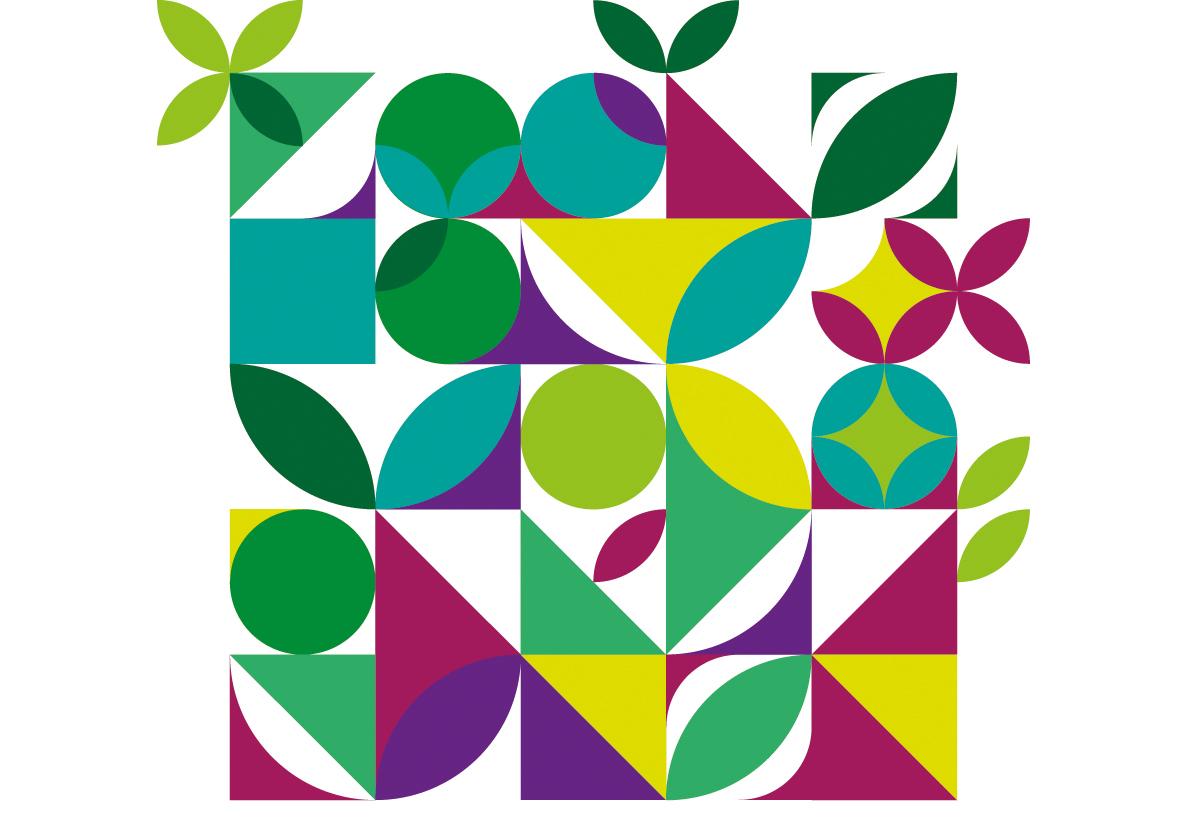About the project
In October 2019 , the Weltmuseum Wien inaugurated the new EU project “TAKING CARE. Ethnographic and World Cultures Museums as Spaces of Care”. In the course of the last few years,collaborating with representatives of indigenous groups and diaspora communities has becomeestablished practice at ethnographic and world cultures museums. Museums today realise thatthey are not only responsible for their collections but also for the people connected to them. Today, the museum’s core aims comprise more than collecting, preservation, research andeducation. We also focus on sharing cultural heritage, communicating knowledge, creating newapproaches and healing colonial trauma, which may at times include returning artefacts. Comprising all these aims, the expression “taking care” functions as the title of a new EU project, which started on October 1, 2019 at the Weltmuseum Wien. TAKING CARE is a cooperationproject led by the Weltmuseum Wien; scheduled to run for four years, it brings together fourteenpartner organisations and is co-financed by the Creative Europe programme of the EuropeanUnion, which has contributed two million euro.
Duration
October 2019 to September 2023
Project head
Dr. Claudia Augustat
Team
Mag. Doris Prlić, MA (Coordination)
Nora Haas (Communication & Social Media)
Project website
takingcareproject.eu


